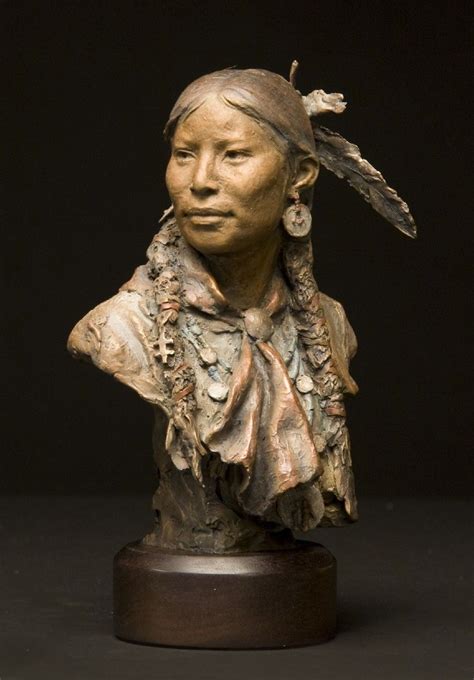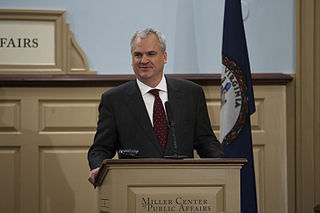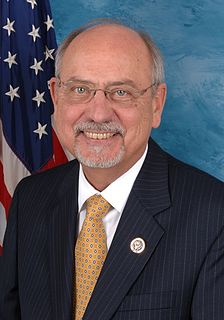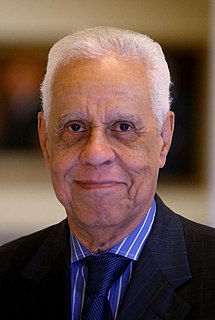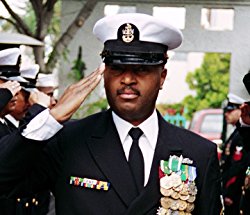Top 1200 American Civil War Quotes & Sayings
Explore popular American Civil War quotes.
Last updated on December 5, 2024.
All American wars (except the Civil War) have been fought with the odds overwhelmingly in favor of the Americans. In the history of armed combat such affairs as the Mexican and Spanish-American Wars must be ranked, not as wars at all, but as organized assassinations. In the two World Wars, no American faced a bullet until his adversaries had been worn down by years of fighting others.
What it targets is not something that's really looked at a lot in terms of the war. This is stuff that's off the beaten path in terms of what we think of every time you start a Civil War history or a Civil War presentation. It's usually about the military and the soldiers and all that stuff. And this is not. It's the backdrop to a place and a time and circumstances that didn't have anything to do with that.
In the middle of the nineteenth century, the United States embarked on a new relationship with death, entering into a civil war that proved bloodier than any other conflict in American history, a war that would presage the slaughter of World War I's Western Front and the global carnage of the twentieth century.
When you come to Montgomery, you see fifty-nine monuments and memorials, all about the Civil War, all about Confederate leaders and generals. We have lionized these people, and we have romanticized their courage and their commitment and their tenacity, and we have completely eliminated the reality that created the Civil War.
The very same British and American families who had combined to wreck the Indian textile industry in the promotion of the opium trade [...] combined to make the trade, a valuable source of revenue. In 1864 they joined forces to create causes for war and to promote the terrible War Between the States, also known as the American Civil War.
I didn't know enough about the Civil War or its lingering effects as we all should. It's really easy to think that the Civil War was the end of slavery, and the triumph of our collective conscience and humanity over oppression. Sadly, the oppression and systemic subjugation of people of color in this country still exists.
We know that there were so many Japanese American soldiers in World War II who were fighting in Europe despite the fact that their families, their parents were back home in American prison camps. It's savagely ironic that between themselves and the African-American soldiers, who were also segregated and didn't see the fruition of the work the culminated in the Civil Rights Act until the '60s, that these American heroes and their stories are not well known; and the fact that the 442nd/100th became the most decorated unit in U.S. history.
Whether the struggle was between English merchants and the American colonies, pre Civil War northern manufacturers vs. southern slave holders, or American grain farmers and auto manufacturers seeking advantage in the Mexican agriculture and labor markets in the 1990s, U.S. policy has reflected the economic clash of interests of the day.
The casualties in the Civil War amount to more than all other wars - all other American wars combined. More people died in that war than World War II, World War I, Vietnam, etc. And that was a war for white supremacy. It was a war to erect a state in which the basis of it was the enslavement of black people.
I worry that I may have overstated the impact of Civil War on the utopians. By the time the Civil War comes, most of the communities were quite separated from the wider American society. Their rhetoric is still about transforming the world, but they're not having that much traffic with their neighbors.
So about 80 years after the Constitution is ratified, the slaves are freed. Not so you'd really notice it of course; just kinda on paper. And that of course was at the end of the Civil War. Now there is another phrase I dearly love. That is a true oxymoron if I've ever heard one: "Civil War." Do you think anybody in this country could ever really have a civil war? "Say, pardon me?" (shoots gun) "I'm awfully sorry. Awfully sorry."
I went to live in Barcelona in 1975, when I was twenty. Even before I went there, I knew more about the Spanish Civil War than I did about the Irish Civil War. I liked Barcelona, and then I grew to like a place in the Catalan Pyrenees called the Pillars, especially an area between the village of Flavors and the high mountains around it.
All that rejection from Republicans has a bit of a racist element. It was very necessary to have a black president, and it's been a great thing. It will help, in the end, to ease the trauma of slavery and civil war. The war against slavery cost almost 800,000 American lives - that's how strongly they felt about it. And it's not going to go away in a century.
I think there's evil on both sides [of Syria], and I think that's one reason I don't want to be involved in civil war. I see things in personal terms. I just can't see sending one of my sons - or your son or daughter - to fight in a civil war, where on one side we have a dictator, who in all likelihood gassed his people.
Obama was elected in a flourish of promise that many in the African-American community believed would help not only to symbolize African-American progress since the Civil War and Civil Rights Acts but that his presidency would result in doors opening in the halls of power as had never been seen before by black America.
I'm working on a script right about Civil War re-enactors who go back in time to the actual Civil War. It's kind of a big, crazy Back to the Future comedy. So, of course, it's the Civil War - I play the banjo. I was just having a conversation with one of the producers about some of the material and he was like, 'You know, we have to work in a scene where you play the banjo. And I was like I'll get behind that.
The intelligence community is so vast that more people have top secret clearance than live in Washington. The U.S. will spend more on the war in Afghanistan this year, adjusting for inflation, than we spent on the Revolutionary War, the War of 1812, the Mexican-American War, the Civil War and the Spanish-American War combined.
History of America, Part I (1776-1966): Declaration of Independence, Constitutional Convention, Louisiana Purchase, Civil War, Reconstruction, World War I, Great Depression, New Deal, World War II, TV, Cold war, civil-rights movement, Vietnam. History of America, Part II (1967-present): the Super Bowl era. The Super Bowl has become Main Street’s Mardi Gras.





